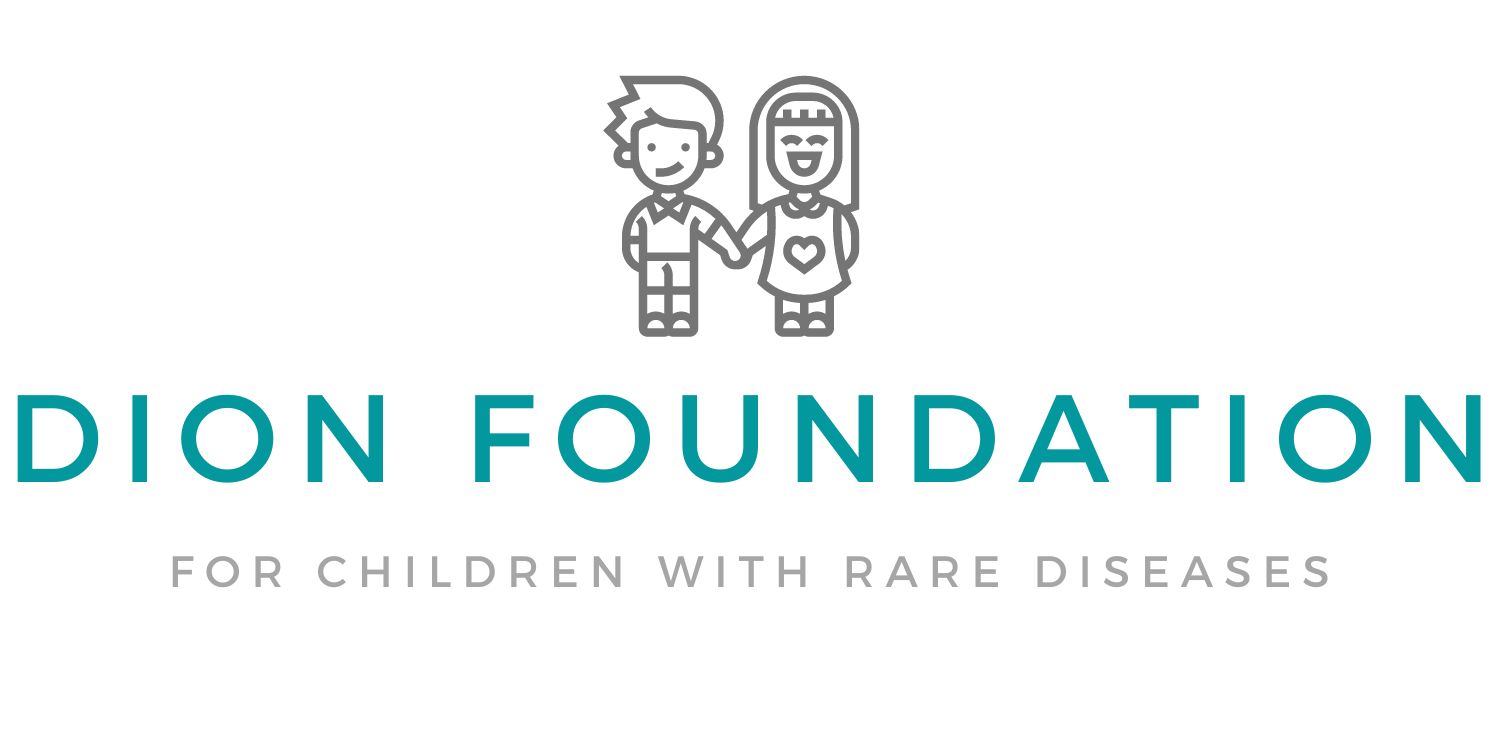- First two patients dosed with ATA-200 gene replacement therapy for LGMD-R5
- On-going Phase 1b/2 study evaluating safety, pharmacodynamic and efficacy of ATA-200 in pediatric patients
- US trial conducted at the Powell Gene Therapy Center, University of Florida, by Dr. Barry Byrne
Evry, France (June 2, 2025) – Atamyo Therapeutics a clinical-stage biotechnology company focused on the development of new generation gene therapies targeting muscular dystrophies and cardiomyopathies, today announced the dosing with ATA-200 gene therapy of first two patients in a phase 1b/2 clinical study in γ-sarcoglycan related limb-girdle muscular dystrophy Type 2C/R5 (LGMD2C/R5). LGMD2C/R5 affects children and leads to loss of ambulation before adulthood.
The multicenter Phase1b/2 open-label dose escalation study (NCT05973630) evaluates safety, pharmacodynamics, efficacy, and immunogenicity in children receiving intravenous ATA-200, a single-dose Adeno-Associated Virus (AAV) gene therapy carrying the human γ-sarcoglycan transgene. The deployment in the US of Atamyo’s clinical trial of ATA-200 is funded by The Dion Foundation for Children with Rare Diseases. This study has also received regulatory clearance in France and Italy.
“This is an exciting milestone for Atamyo. If this clinical trial is successful, it could have a life-changing impact for patients affected by LGMD-R5” said Stephane Degove, Chief Executive Officer and Co-Founder of Atamyo Therapeutics.
“We are delighted to share in the success of the Dion Foundation and Atamyo’s study of LGMD2C/R5 to complete dosing of the first two study participants” said Dr. Barry Byrne, Associate Chair of Pediatrics and Director of the Powell Gene Therapy Center, University of Florida, in Gainesville, Florida, where the first two patients were dosed, and principal investigator of this trial. “We look forward to assessing the potential benefit of ATA-200 in the first children to receive the product.”
“LGMD-R5 is the most severe form of LGMDs with onset of symptoms during childhood and a phenotype close to Duchenne Muscular Dystrophy. We are thrilled to propose a potentially disease-modifying treatment to these young patients” said Dr Sophie Olivier, Chief Medical Officer of Atamyo.
About the ATA-200 program in LGMD-2C/R5
LGMD-2C/R5 is a rare genetic disease caused by mutations in the gene that produces γ-sarcoglycan, a transmembrane protein that is involved in the connection between muscle fibers and their environment. It affects an estimated 2,000 people in Europe and in the US. In the classical form, symptoms appear in early childhood and patients suffer from progressive muscular weakness leading to loss of ambulation before adulthood. Cardiac involvement, typically presented as dilated cardiomyopathy, is reported in approximately half of patients and will eventually impact life expectancy. There is no curative treatment. The management of LGMD-2C/R5 is solely supportive.
ATA-200, Atamyo’s gene therapy for LGMD-2C/R5, delivers a normal copy of the gene for production of γ-sarcoglycan. In preclinical mice models, ATA-200 demonstrated its tolerability and capability to correct symptoms and biomarkers of the pathology.
ATA-200 has been awarded Orphan Drug Designation in the US and Europe, and Rare Pediatric Disease Designation by the US FDA.
The therapy is based on the research of Atamyo Chief Scientific Officer Isabelle Richard, Ph.D., Research Director at CNRS who heads the Progressive Muscular Dystrophies Laboratory at Genethon.
About Atamyo Therapeutics
Atamyo Therapeutics is a clinical-stage biopharma focused on the development of a new generation of effective and safe gene therapies for neuromuscular diseases. A spin-off of gene therapy pioneer Genethon, Atamyo leverages unique expertise in AAV-based gene therapy and muscular dystrophies from the Progressive Muscular Dystrophies Laboratory at Genethon. Atamyo’s most advanced programs address different forms of limb-girdle muscular dystrophies (LGMD), with two clinical-stage programs targeting respectively LGMD-R9 and LGMD-R5. The name of the company is derived from two words: Celtic Atao which means “Always” or “Forever” and Myo which is the Greek root for muscle. Atamyo conveys the spirit of its commitment to improve the life of patients affected by neuromuscular diseases with life-long efficient treatments. For more information visit www.atamyo.com
US & Europe contacts: contact@atamyo.com


